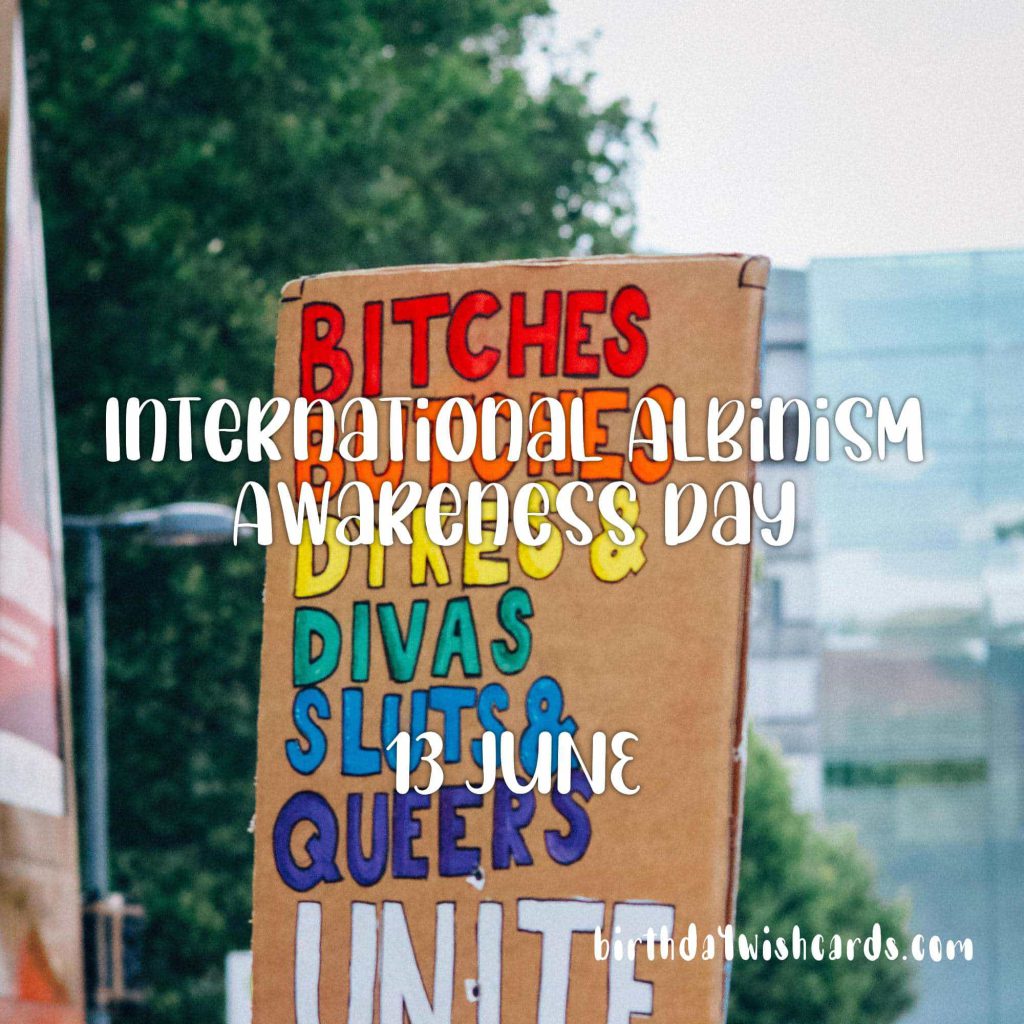
13 June: International Albinism Awareness Day
International Albinism Awareness Day is observed every year on June 13 to celebrate and promote the human rights of people with albinism around the world. This day aims to raise awareness of albinism and address the unique challenges faced by individuals living with this condition.
What is Albinism?
Albinism is a rare, non-contagious, genetically inherited condition present from birth. In most cases, both parents must carry the gene for albinism, even if they do not have the condition themselves. Albinism affects people of all genders, ethnicities, and regions worldwide.
People with albinism have a reduced or complete absence of pigmentation (melanin) in their hair, skin, and eyes. This lack of melanin leads to increased sensitivity to sunlight and bright light. As a result, nearly all individuals with albinism experience some degree of visual impairment and have a higher risk of developing skin cancer. Currently, there is no cure for albinism or for the melanin deficiency associated with it.
Prevalence rates vary globally. In North America and Europe, approximately 1 in every 17,000 to 20,000 people has some form of albinism. The condition is more common in sub-Saharan Africa; for example, in Tanzania, about 1 in 1,400 people are affected, and in some populations in Zimbabwe and other Southern African countries, rates can be as high as 1 in 1,000.
Violence Against Persons with Albinism
People with albinism often face severe discrimination and violence, especially in regions where most of the population has darker skin. The visible difference in pigmentation can lead to higher levels of prejudice. This is particularly evident in some sub-Saharan African countries, where myths, dangerous misconceptions, and superstitions about albinism persist.
Over the past decade, there have been hundreds of reported attacks and murders targeting individuals with albinism across 28 countries in sub-Saharan Africa. These violent acts are driven by ignorance, deep-rooted stigma, poverty, and, distressingly, harmful practices linked to witchcraft beliefs. Such atrocities continue to threaten the safety and well-being of people with albinism today.

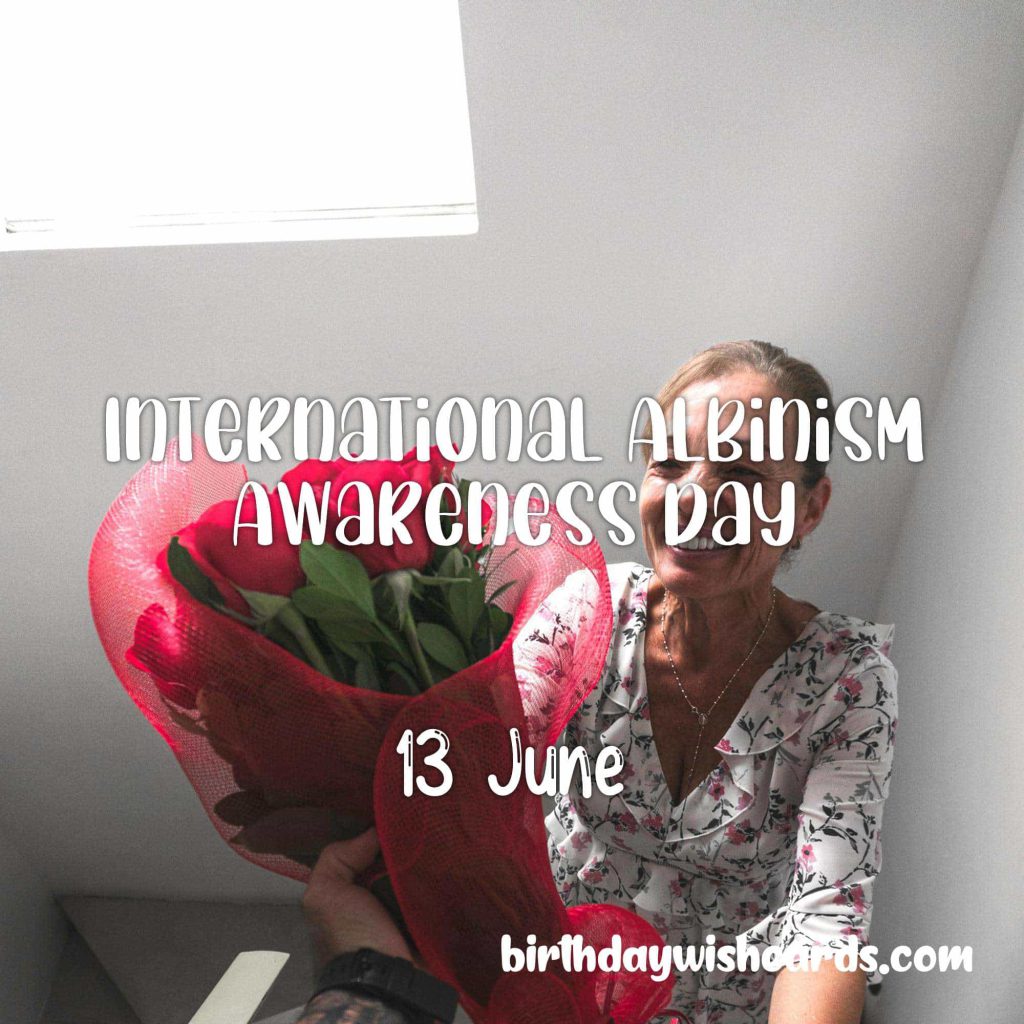
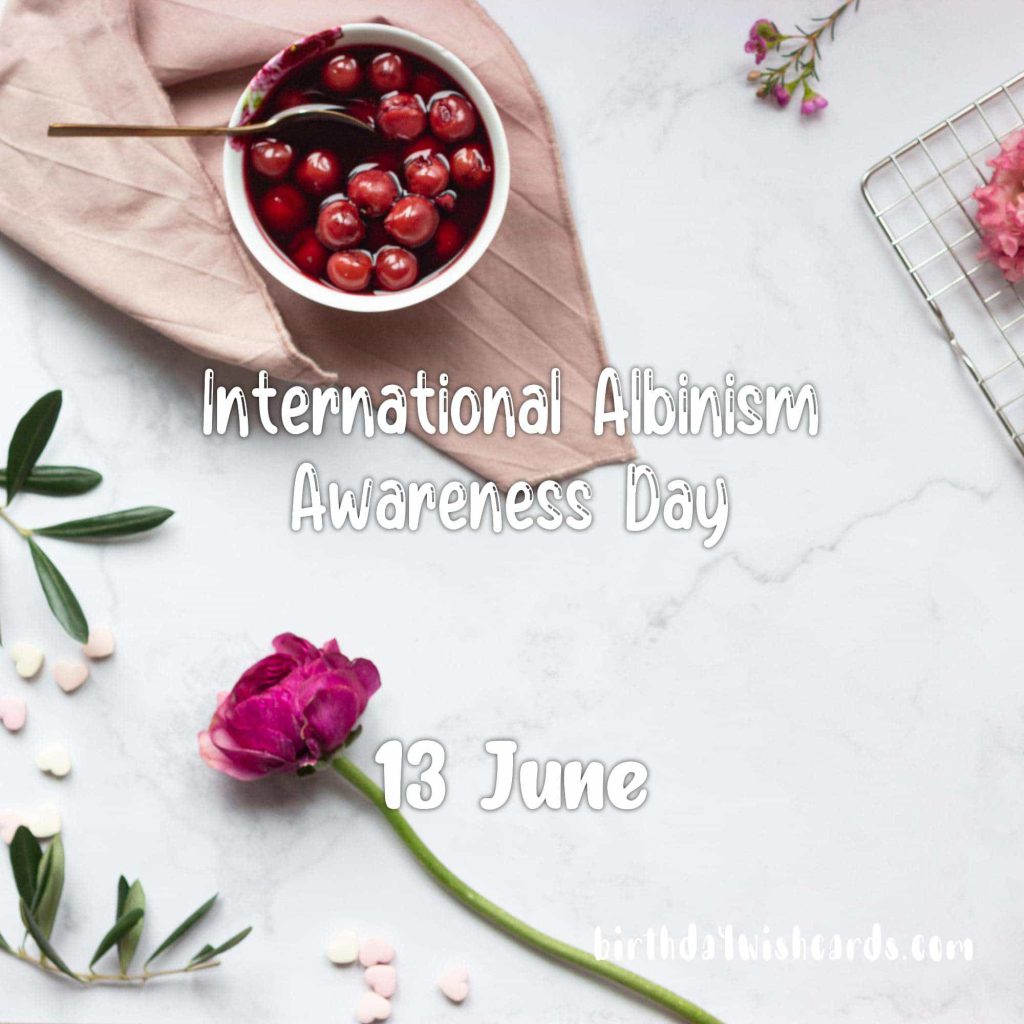
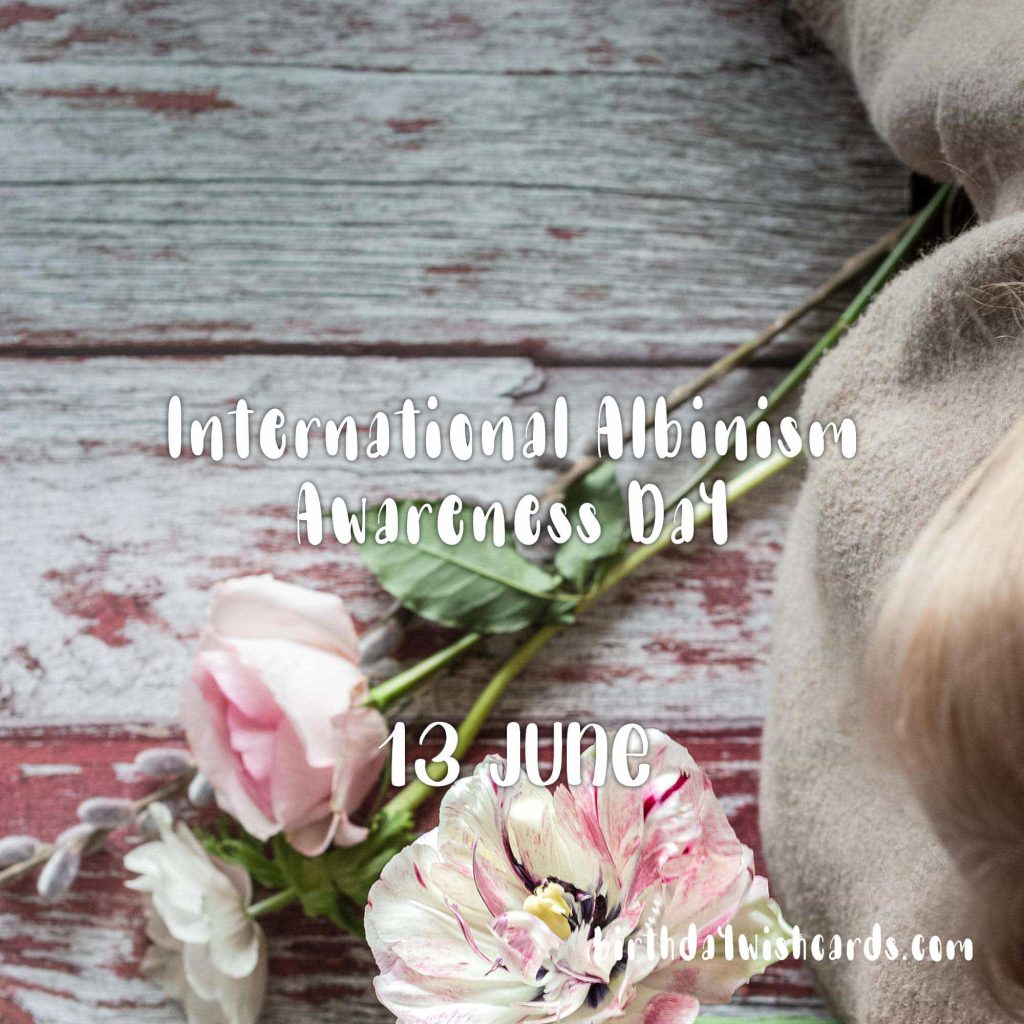
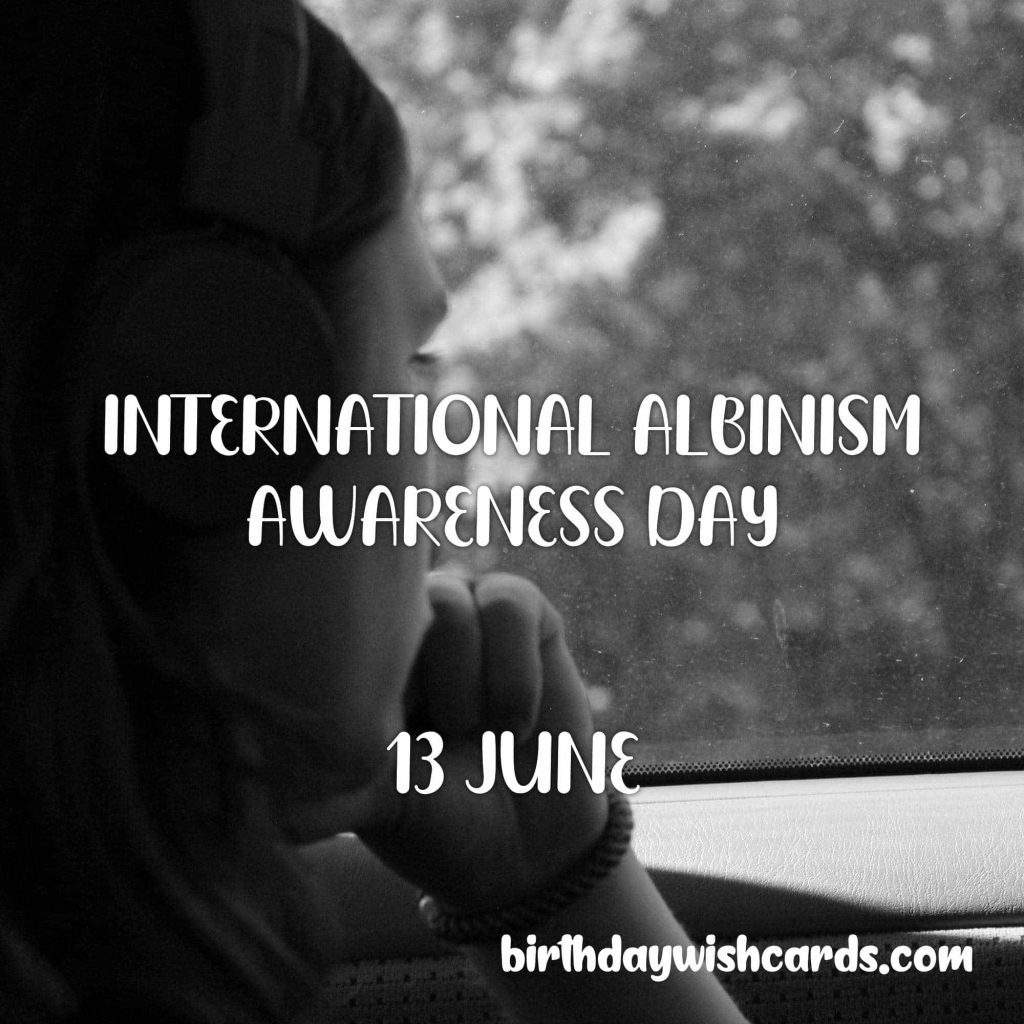
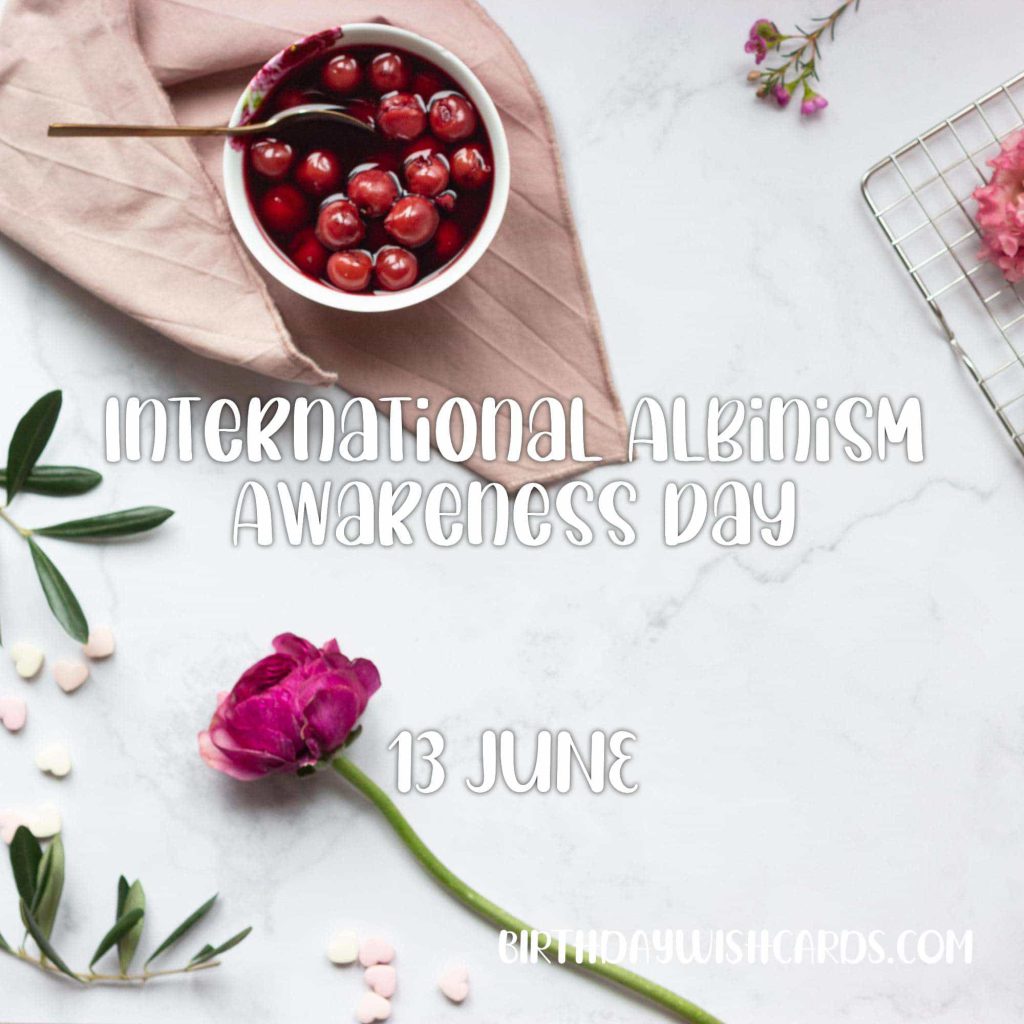

Understanding Albinism: Causes and Effects
Albinism is caused by mutations in one of several genes responsible for producing or distributing melanin—the pigment that gives color to skin, hair, and eyes. These genetic mutations reduce or prevent melanin production, resulting in the characteristic pale appearance of individuals with albinism.
The condition is inherited in an autosomal recessive pattern, meaning a child must inherit two copies of the mutated gene—one from each parent—to have albinism. Parents who carry only one copy of the gene typically do not show symptoms but can pass the gene to their children.
Beyond its visible traits, albinism can lead to various health challenges:
- Visual Impairments: The lack of melanin affects the development of the retina and optic nerves, leading to reduced vision, photophobia (sensitivity to light), nystagmus (involuntary eye movements), and other visual difficulties that can impact daily life.
- Skin Vulnerability: Reduced melanin makes the skin highly sensitive to ultraviolet (UV) radiation from the sun, increasing the risk of sunburn and skin cancers without proper protection.
The Importance of Awareness and Advocacy
International Albinism Awareness Day plays a vital role in educating the public, dispelling myths, and advocating for the rights and well-being of people with albinism. Raising awareness helps combat stigma and promotes social inclusion.
Organizations around the world work to provide support, including access to specialized healthcare, education, and protection from discrimination and violence. Advocacy efforts highlight the need for legal protections and community outreach to safeguard the rights of people with albinism.
Protecting the Rights and Dignity of Persons with Albinism
People with albinism have the right to live free from discrimination and violence, with equal access to opportunities and healthcare. It is essential to foster environments where they feel safe, respected, and empowered.
Governments, civil society, and international organizations are encouraged to implement policies and programs that address the unique needs of people with albinism. This includes:
- Providing education about albinism to dispel myths and reduce stigma.
- Ensuring access to sun protection resources, such as sunscreen and protective clothing.
- Offering specialized eye care services to address visual impairments.
- Enforcing laws that protect against hate crimes and violence targeting people with albinism.
How You Can Support International Albinism Awareness Day
Everyone can help raise awareness and support people with albinism. Here are some ways to get involved:
- Educate Yourself and Others: Learn about albinism and share accurate information to challenge misconceptions.
- Advocate for Rights: Support policies and organizations that protect and empower individuals with albinism.
- Participate in Events: Join or organize activities on June 13 to celebrate




